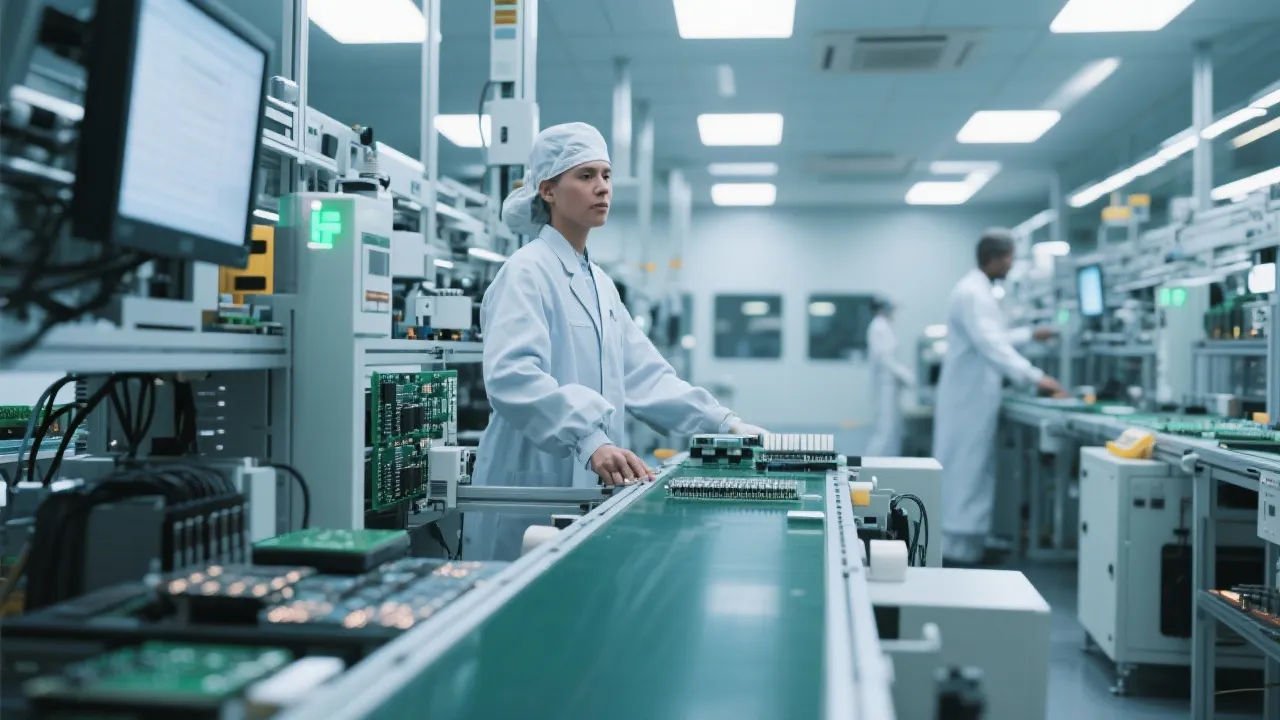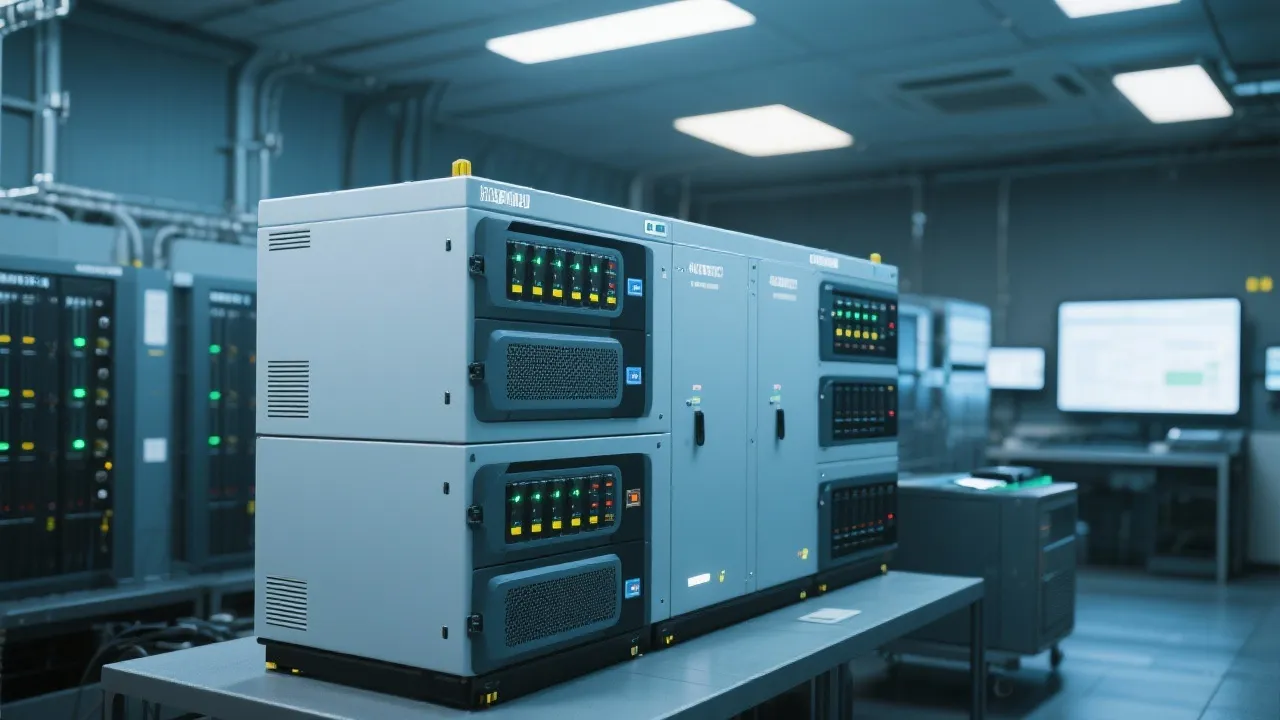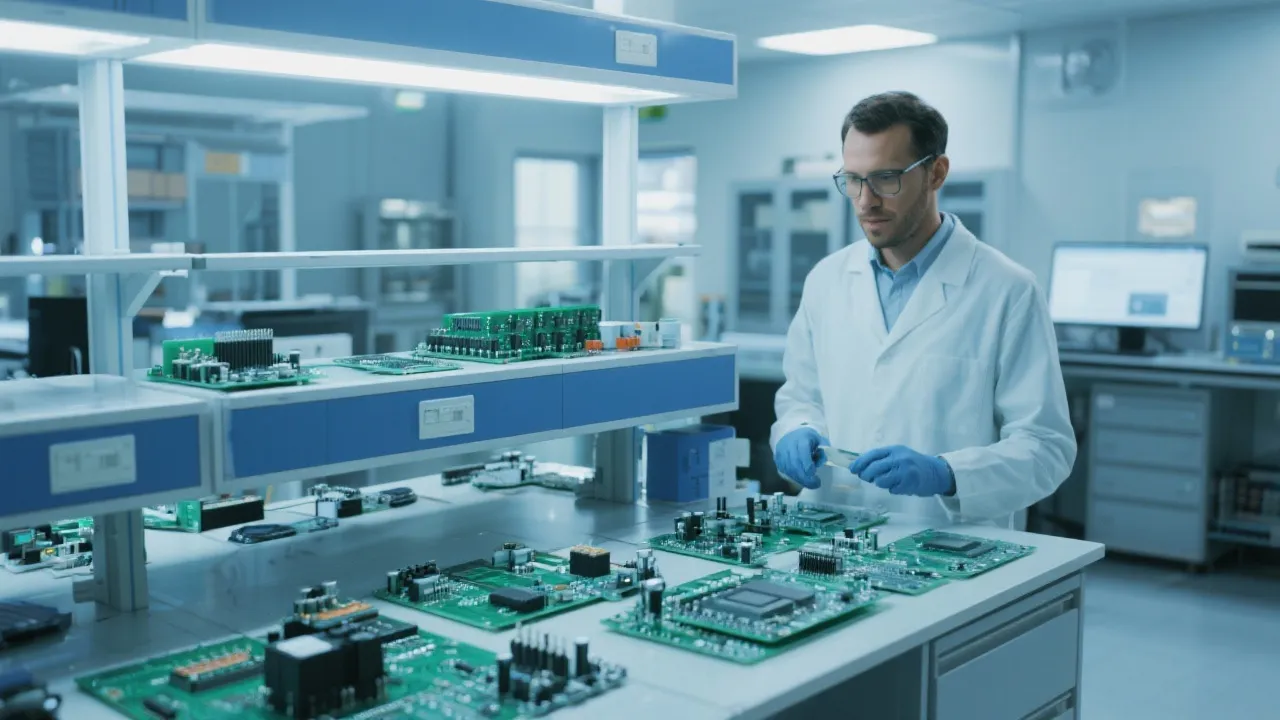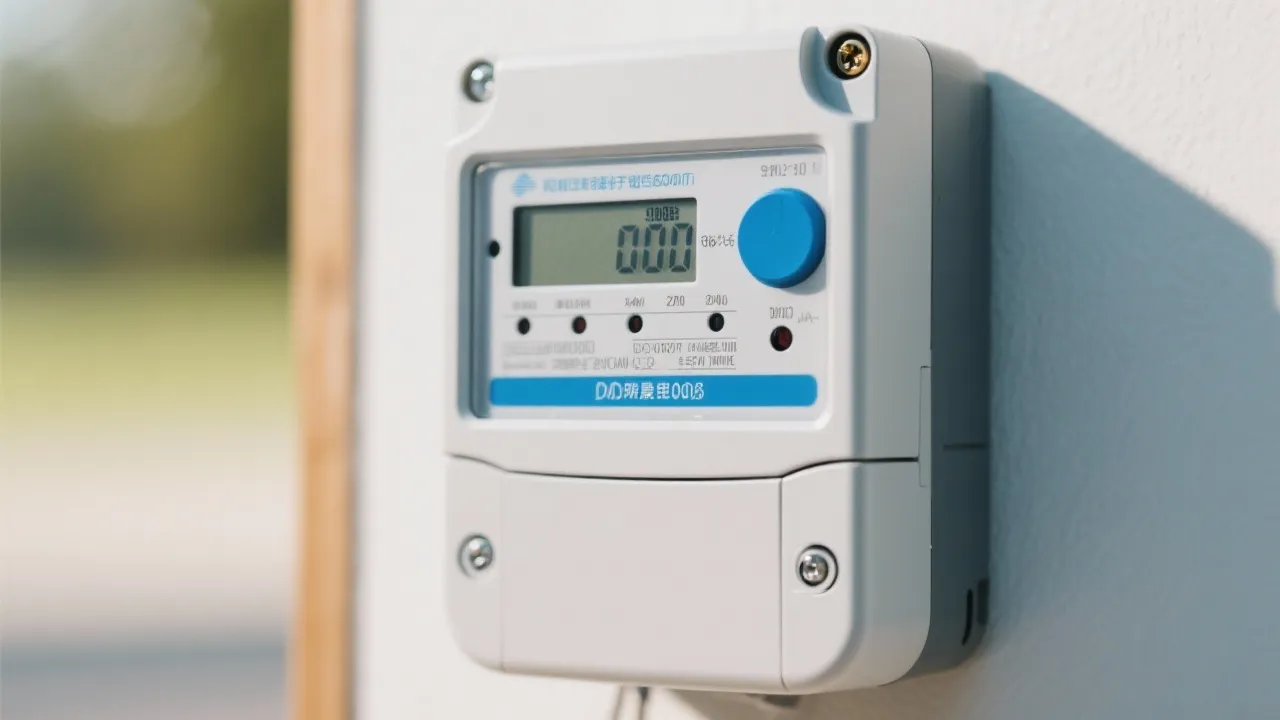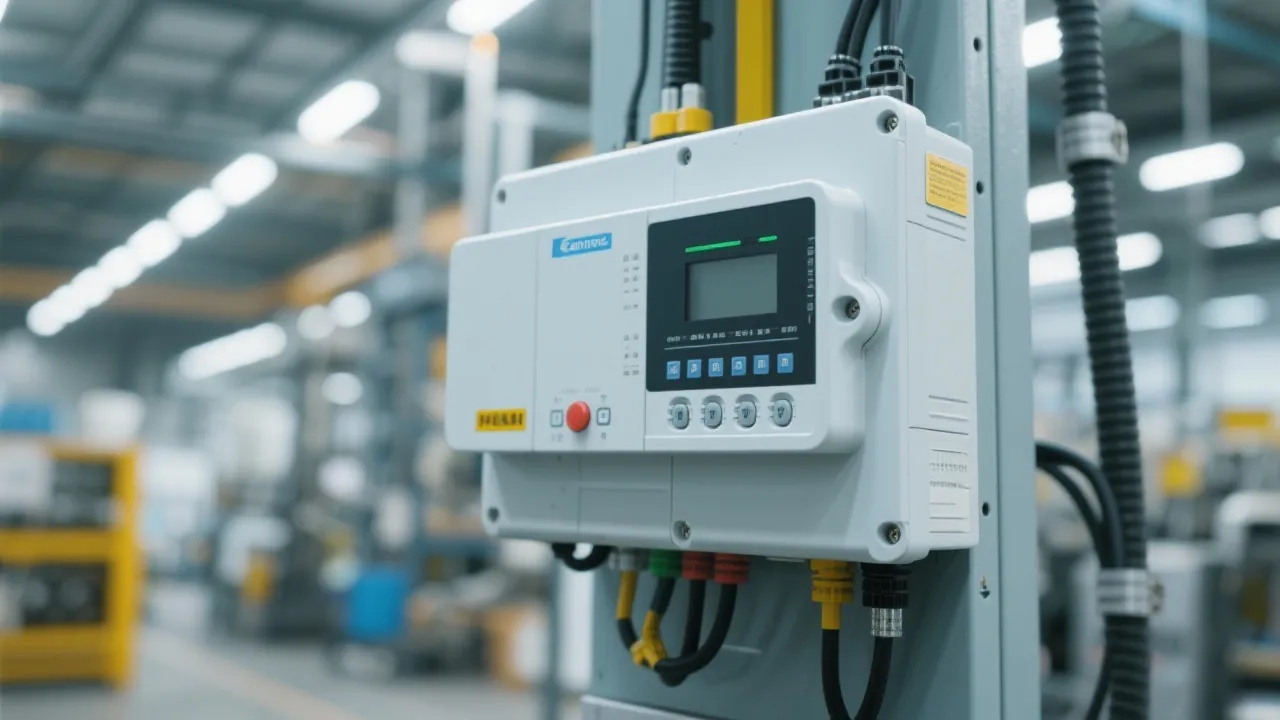GCMS TQ8050 – Advancements in Analytical Chemistry
The GCMS TQ8050, a cutting-edge analytical instrument, represents the pinnacle of innovation in the field of mass spectrometry. Designed to provide high sensitivity, rapid analysis, and exceptional accuracy, this tool is vital for those in environmental analysis, pharmaceuticals, and food safety. As the demands for precise analytical tools grow, the GCMS TQ8050 continues to set the benchmark for excellence in scientific research.
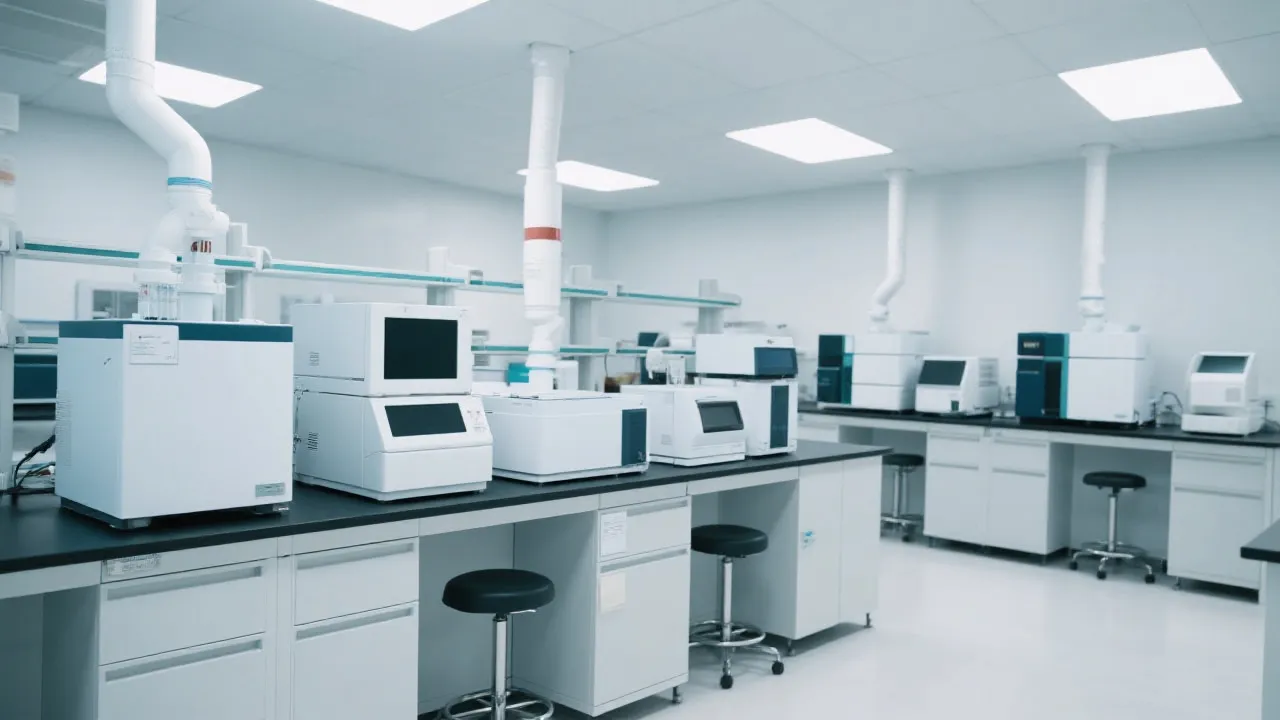
Introduction to GCMS TQ8050
The GCMS TQ8050 is an advanced gas chromatography-mass spectrometry (GC-MS) system that has gained widespread recognition in scientific laboratories. As a key tool for the qualitative and quantitative analysis of chemical compounds, it combines the features of gas chromatography and mass spectrometry, offering exceptional precision, speed, and reliability in detecting both organic and inorganic substances. Developed by Shimadzu, this sophisticated equipment is designed to help researchers unlock the complexities of chemical analyses, ensuring that results are both accurate and reproducible. Given the diversity of applications—from environmental assessments to pharmacopeial analysis—the TQ8050 serves as an invaluable asset in various scientific disciplines.
Features and Technical Specifications
The GCMS TQ8050 boasts a range of advanced features that distinguish it from other analytical instruments. These include a remarkable sensitivity that allows for the detection of trace levels of substances. The triple quadrupole system enhances selectivity and detection limits, making it suitable for complex matrices. With a rapid scan rate of 20,000 u/sec, researchers can conduct comprehensive analyses in a shorter time. Additionally, the efficient software provided ensures smooth operation and precise data interpretation, facilitating a seamless workflow for users. Its versatility is complemented by extensive compatibility with various sample types, enabling a wide scope of applications.
Technical Specifications:
- Mass Range: 10–1200 Da
- Scan Rate: 20,000 u/sec.
- Sensitivity: 1 fg of OFN (octafluoronaphthalene)
- Ionization Techniques: EI (Electron Ionization), PCI (Positive Chemical Ionization), NCI (Negative Chemical Ionization)
- Detector: Triple Quadrupole
- Data Acquisition: Simultaneous MRM (Multiple Reaction Monitoring) capabilities for enhanced quantification
- Software: User-friendly interface with advanced capabilities for data processing and reporting
Applications of the GCMS TQ8050
The versatility of the GCMS TQ8050 renders it indispensable across multiple sectors, including environmental analysis, pharmaceuticals, forensics, and food safety. Its precision in identifying and quantifying various compounds is crucial for ensuring compliance with international standards and regulations. In a world where accuracy and reliability in data are paramount, the GCMS TQ8050 rises to meet the challenge, making it a popular choice among professionals in critical fields.
Key Application Areas:
- Environmental Monitoring: The GCMS TQ8050 can detect pollutants and monitor air and water quality, allowing environmental scientists to track changes in ecological conditions and respond effectively to environmental threats.
- Pharmaceuticals: Analysis of active pharmaceutical ingredients (APIs) and impurities is essential to ensure drug safety and efficacy. The TQ8050 aids pharmaceutical companies in quality control processes, supporting rigorous testing and regulatory compliance.
- Forensics: In forensic science, identification of illicit drugs, toxic substances, and other evidence is crucial. The GCMS TQ8050 enables forensic analysts to accurately determine the presence of critical substances, supporting law enforcement and justice systems.
- Food Safety: The detection of contaminants in food products is vital for consumer safety. With the TQ8050, food safety inspectors can assess and assure food quality effectively, helping to prevent foodborne illnesses and protect public health.
- Clinical Research: The role of the TQ8050 extends to clinical research, where it assists in biomarker discovery and drug metabolism studies. Researchers can reliably quantify metabolites and other biological markers, contributing valuable insights into human health and disease.
Comparative Analysis
| Feature | GCMS TQ8050 | Advantage |
|---|---|---|
| Sensitivity | 1 fg of OFN | High detection sensitivity enables analysis of trace compounds. |
| Scan Rate | 20,000 u/sec | Rapid analysis capabilities reduce downtime during testing. |
| Ionization Techniques | EI, PCI, NCI | Versatile analysis options expand the range of analytes. |
| Data Processing | Advanced software with MRM capabilities | Enhanced quantification accuracy and data reliability. |
| User Interface | User-friendly software interface | Easier operation with reduced training time for new users. |
| Sample Types | Liquids, gases, solids | Broad applications across multiple scientific disciplines. |
Supplier and Pricing Information
Several suppliers provide the GCMS TQ8050 across various regions. Pricing is contingent upon customization options and the inclusion of additional features or peripheral equipment. It is essential to consider the after-sales support and warranty offered by suppliers as part of the purchasing decision. Users are encouraged to inquire directly with authorized dealers or vendors for the very accurate and current pricing. Researching multiple suppliers can also yield competitive pricing or bundled service packages, which may be beneficial for laboratories operating with budget constraints.
FAQs
- What kind of samples can the GCMS TQ8050 analyze?
The GCMS TQ8050 can analyze a broad range of samples, including liquids, gases, and solids, using appropriate sample preparation methods. This adaptability makes it a powerful tool in both research and quality control settings.
- How does the triple quadrupole GC improve analysis?
The triple quadrupole configuration enhances sensitivity and selectivity, allowing for more accurate identification and quantification of target compounds. This is particularly advantageous for complex mixtures where multiple analytes are present.
- Can the GCMS TQ8050 be used for routine screening?
Yes, the GCMS TQ8050’s high throughput and rapid analysis capabilities make it suitable for routine screening, facilitating effective monitoring and testing in various applications, from environmental monitoring to clinical testing.
- What is the role of software in the GCMS TQ8050?
The software provided with the GCMS TQ8050 plays a crucial role in data management and interpretation. It aids in the acquisition, processing, and reporting of analytical data, significantly enhancing operational efficiency and accuracy. Advanced functionalities allow users to customize reports, apply quality control measures, and perform detailed statistical analyses.
- How often should the GCMS TQ8050 be maintained?
Regular maintenance is essential to ensure optimal performance of the GCMS TQ8050. It is recommended to follow a scheduled maintenance plan, including calibration and cleaning, typically every few months depending on usage frequency. Consulting the manufacturer's guidelines and engaging certified service professionals for servicing can prolong the lifespan of the instrument and maintain its reliability.
- What safety measures should be taken while using the GCMS TQ8050?
While using the GCMS TQ8050, it is critical to follow standard laboratory safety protocols. This includes wearing appropriate personal protective equipment (PPE), such as lab coats and safety goggles, ensuring proper ventilation, and handling chemicals with care. Familiarity with the material safety data sheets (MSDS) of substances being analyzed is also advisable to anticipate potential hazards.
Conclusion
As industries continue to pivot towards more advanced and accurate analytical practices, the GCMS TQ8050 stands out for its prowess in delivering reliable, efficient, and precise results. Its application across diverse fields underscores its importance as a cornerstone instrument in modern analytical laboratories. With the ability to address complex analytical challenges and meet stringent regulatory demands, the GCMS TQ8050 represents the forefront of analytical technology. For those seeking a high-performance solution in scientific research or quality control, the GCMS TQ8050 remains a leading choice, enabling researchers and analysts alike to achieve their scientific and commercial goals. As technology continues to evolve, so too will the capabilities of systems like the GCMS TQ8050, ensuring ongoing advancements in the field of chemical analysis.
Future Trends in GC-MS Technology
As the landscape of analytical chemistry evolves, so does technology. The future of GC-MS systems like the TQ8050 will likely see enhancements in several areas that could redefine analytical applications:
1. Miniaturization and Portability
Emerging trends indicate a drive towards miniaturization of laboratory instruments. Portable GC-MS devices could enable rapid field analyses, providing instant data for environmental monitoring or emergency response scenarios. This shift would align with increasing demands for on-site testing in various industries.
2. Enhanced Computational Power
The integration of artificial intelligence (AI) and machine learning (ML) into data analysis processes is on the rise. These technologies can improve the accuracy of results by analyzing patterns and correlating massive datasets in ways not feasible for human analysts. Future models of the GCMS TQ8050 may incorporate such capabilities, allowing for real-time data processing and predictive analytics.
3. Increased Automation
Automation is becoming a standard practice in labs to enhance efficiency and reduce human error. Advanced robotic systems could handle sample preparation, injection, and analysis processes, leading to higher throughput and consistency in results. This could be particularly beneficial in large-scale laboratories or those requiring recurrent testing.
4. Sustainable Chemistry Practices
The push for sustainable practices in chemistry is prompting researchers to seek greener analytical methods. Innovations in GC-MS may focus on reducing solvent use, employing biocompatible consumables, and utilizing energy-efficient technologies. These advancements will help conform to international sustainability standards and promote responsible laboratory operations.
5. Broader Range of Applications
As research evolves, the applications for GC-MS technology will continue to expand. Fields such as metabolomics, proteomics, and personalized medicine are increasingly relying on sophisticated analytical tools to deepen our understanding of biological systems. Future developments could also enable the detection of emerging contaminants or novel substances, extending the utility of the GCMS TQ8050 in various sectors.
The Role of Training and Support
To maximize the utility of the GCMS TQ8050, proper training for laboratory personnel is essential. Suppliers often provide comprehensive training programs that emphasize both instrument operation and data interpretation skills. Consistent training not only enhances user proficiency but also promotes safety and accuracy in laboratory practices. Additionally, ongoing technical support from manufacturers can resolve operational issues promptly, ensuring minimal disruption to workflows.
Conclusion of Future Perspectives
The future of the GCMS TQ8050, much like the realm of chemical analysis, is bright and filled with potential. Advances in technology, coupled with a focus on more efficient and sustainable practices, will push the boundaries of what is achievable in analytical chemistry. Laboratories that invest in such advanced systems today will be well-positioned to meet the challenges of tomorrow, ensuring that they continue to drive discoveries and innovations across multiple disciplines. As the landscape of scientific inquiry evolves, the GCMS TQ8050 is poised to remain a crucial player in the analytical toolkit, delivering the insights necessary to advance our understanding of the chemical world.





